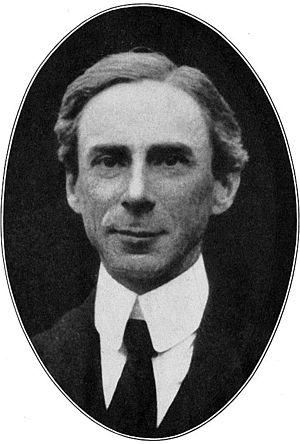| Bertrand Russell (Photo credit: Wikipedia) |
For me, the process of transitioning from Christian to atheist took a few years and really was a process. It looked something like this:
- Doubts about the religious beliefs I had been raised to accept gradually emerged. These doubts were fueled by my education (both formal and informal), the observance of countless instances of hypocrisy by Christians, and the recognition that there was nothing responding to my prayers or any evidence of the supernatural.
- I attempted to resolve these doubts through a combination of reading pro-Christian material, prayer, and asking questions of my family. This produced nothing satisfactory and left me with even more questions.
- I begin to realize that I no longer believed that there were any gods or other supernatural entities out there. I fought against this realization as hard as I could for as long as I could because it terrified me. I had no idea what an atheist was, and I didn't know anybody else who did not believe. I felt alone and was convinced that there must be something terribly wrong with me.
- In reading many of the classics of Western philosophy after hearing about some philosophers who sounded interesting from a high school teacher, I learned that people had been questioning gods for at least as long as they had been writing. I discovered Bertrand Russell's Why I Am Not a Christian and Other Essays on Religion and Related Subjects
, and I finally realized that I was not alone in my lack of religious belief.
- I informed my immediate family that I no longer believed in gods. I did not use the atheist label yet because I still wasn't completely sure what it meant.
I think we do people a disservice when we suggest that every rational person should embrace atheism without hesitation or when we impatiently urge others to profess their atheism. Everyone will have a different journal, and some will take awhile. I like to think that those of us who are writing about atheism may be assisting with or even accelerating someone else's journey, but it is still theirs to make and the pace that works for them.
